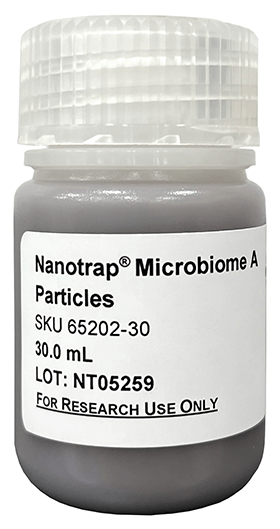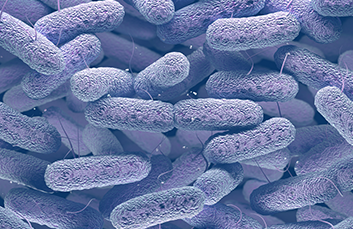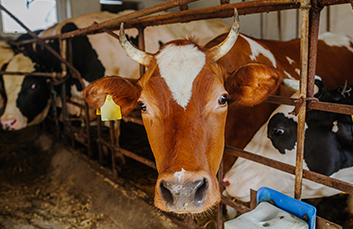Partnerships increase WBE testing success
Topics Featured
Wastewater-Based Epidemiology (WBE) has transformed the landscape in tracking the spread of SARS-CoV-2 variants at the community level, according to Sarah Kane, Director of Research and Development at GT Molecular. Her article, “Wastewater Surveillance: It Takes a Village,” is in the February volume of the Water Environment and Technology Journal.
This success has been the result of increased testing capacity through partnerships created by public health and private sectors, as well as technological innovations increasing test sensitivity and accuracy. With the widespread sharing of results data, public health decisions can be made with greater transparency, building trust between the various stakeholders. In the future, WBE will be expanded through these partnerships to include other infectious diseases such as MPox, RSV and Antimicrobial Resistant bacteria.
GT Molecular utilizes Ceres Nanosciences Nanotrap® Microbiome Particles and enhancement reagents for the initial microorganism capture and concentration procedure prior to nucleic acid extraction and analysis. The high affinity hydrogel particles capture and concentrate the entire microorganism, resulting in more comprehensive sequencing of genomes for variant identification and earlier detection of microorganisms in wastewater samples. The capture and concentration process with Nanotrap Microbiome Particles is much faster than using traditional methods, leading to increased sample throughput and faster test turnaround times.
Nanotrap® Microbiome Particles (For Research Use Only. Not for use in diagnostic procedures.), distributed by Streck, offer a simple and rapid approach for concentration of SARS-Co-V-2 from large volume wastewater samples.



How can wastewater predict the future?

